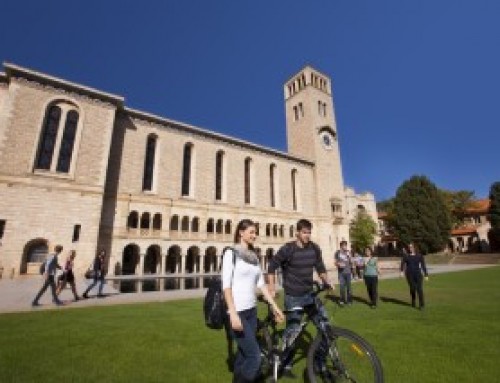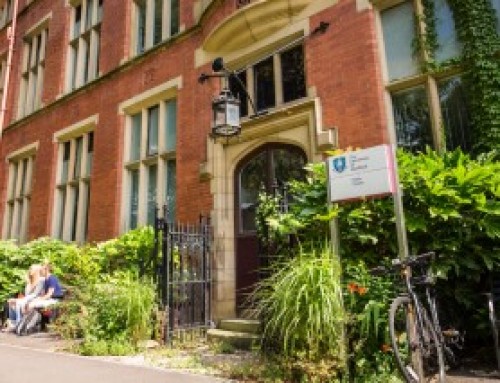A ‘sandwich year’ is also known as a placement year. A placement year is a year-long program in which university students will take a year off from their degree to work in the field, whereby students work either full-time or part-time. Either way, they’ll be paid in the same way as any other regular employee. Placement years are referred to as ‘sandwich years’ because they are ‘sandwiched’ between the penultimate and final year of their studies. Other terminology for placement years used by institutes and individuals include industrial placement or a year in industry. In furthermore, there are two kinds of placement years, known as thick and thin sandwich years. ‘Thick’ placement years are those that last a complete year, and “thin” sandwich years are those that last between two and six months.
It is essential for upcoming undergraduate students to understand the benefits of a placement year. The most significant advantage is the experience students get throughout their placement year. Being able to ‘test drive’ their career in their selected field while simultaneously developing new soft and hard skills, for example, time management and Microsoft Excel. Possessing this early work experience may help fresh graduates acquire employment easier and attract higher positions in the firm rather than having to settle for an entry-level position.
Students should also be aware that placement years are primarily their responsibility to handle. Most institutions want students to arrange their own placements, contact companies, and manage everything on their own. However, universities would still lend a helping hand, whether that be aiding your application or skills to land a job. One downside of placement years is that students are still required to pay a tuition fee, which is normally around 20% of their regular fees. Students at Leeds Beckett University, for example, must pay around £2,100 throughout their placement year.
Most universities that TM College are partnered with fortunately provide placement year options to students, excluding the University of Auckland, Massey University, and Victoria University of Wellington. Students whose university does not provide placement years can nevertheless gain job experience in a variety of ways. One option is to participate in a summer internship, which are open to all students because they take place during university breaks. These internships can also range in length from four weeks to three months. Enough time to have the opportunity to have a glimpse of the working world.







